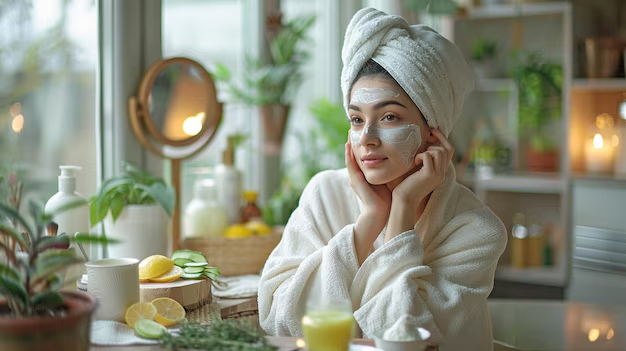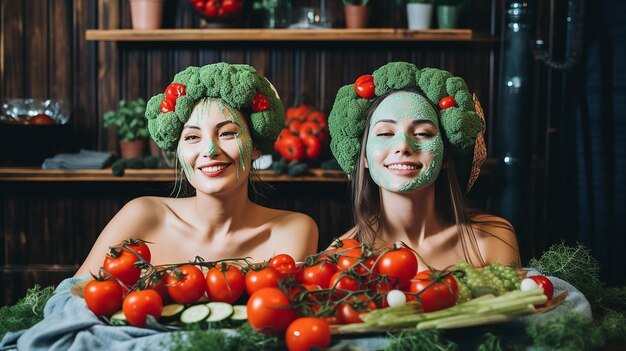How Do Antioxidants Protect Skin from Damage?
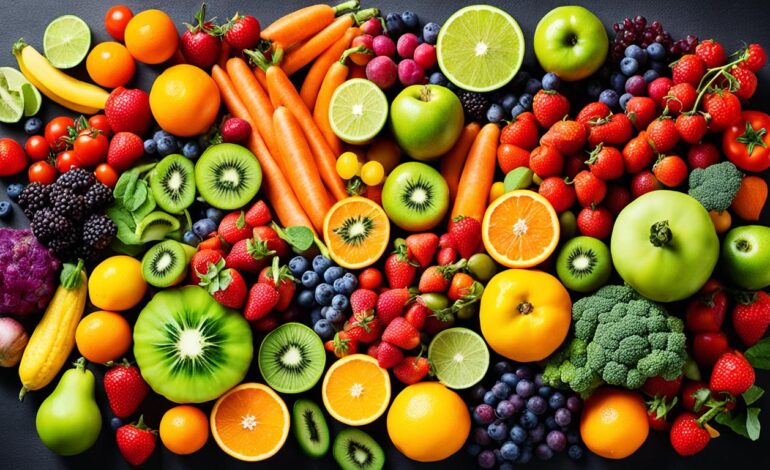
Antioxidants are key substances that shield our skin from harm caused by free radicals and oxidative stress. Things like pollution, tobacco, and UV rays can make more free radicals. These can speed up aging and raise the chance of skin diseases.
Antioxidants are vital in fighting off the bad effects of these free radicals. They slow down aging and help keep the skin looking young and healthy. You can find these powerful compounds in foods, supplements, and skin care products. This makes them a key tool for keeping the skin healthy and full of life.
Key Takeaways
- Antioxidants are substances that can neutralize free radicals and reduce oxidative stress, protecting the skin from damage.
- Environmental factors like pollution, tobacco, and UV radiation can lead to the production of free radicals, accelerating skin aging and increasing the risk of skin diseases.
- Antioxidants play a crucial role in fighting against the harmful effects of free radicals, slowing down the aging process, and promoting healthier skin.
- Antioxidants can be found in a variety of foods, supplements, and skin care products, making them an essential part of maintaining skin health.
- Incorporating antioxidants into your diet and skin care routine can help protect your skin from the damaging effects of environmental stressors.
What Are Antioxidants?
Antioxidants are special molecules that protect our bodies from the bad effects of free radicals and oxidative stress. These unstable molecules can harm cells, causing health problems. Antioxidants neutralize and stabilize free radicals, protecting our cells from damage.
Also Read : How Can You Use Citrus Fruits In A Skincare Diet?
Free Radicals and Oxidative Stress
Free radicals are molecules with unpaired electrons, making them very reactive. They can come from inside our bodies or from things like pollution, cigarette smoke, and UV rays. When there are more free radicals than our body can handle, it leads to oxidative stress. This can cause skin aging and increase the risk of chronic diseases.
Also Read : Lumens Skin Care for Men: Grooming Essentials
Types of Antioxidants
Antioxidants are many and each one has its own way of working. They can be divided into several groups, including:
- Vitamins: Vitamins A, C, and E protect cells from damage.
- Minerals: Selenium, zinc, and copper are important for fighting off free radicals.
- Carotenoids: These colors in fruits and veggies help fight free radicals.
- Flavonoids: Found in plants, these have strong antioxidant and anti-inflammatory effects.
- Polyphenols: These are in fruits, veggies, and herbs and are great at protecting cells.
Knowing how antioxidants work and what types there are helps us make better choices for our health.
Also Read : How Can You Prevent Sun Damage?
The Role of Antioxidants in Skin Health
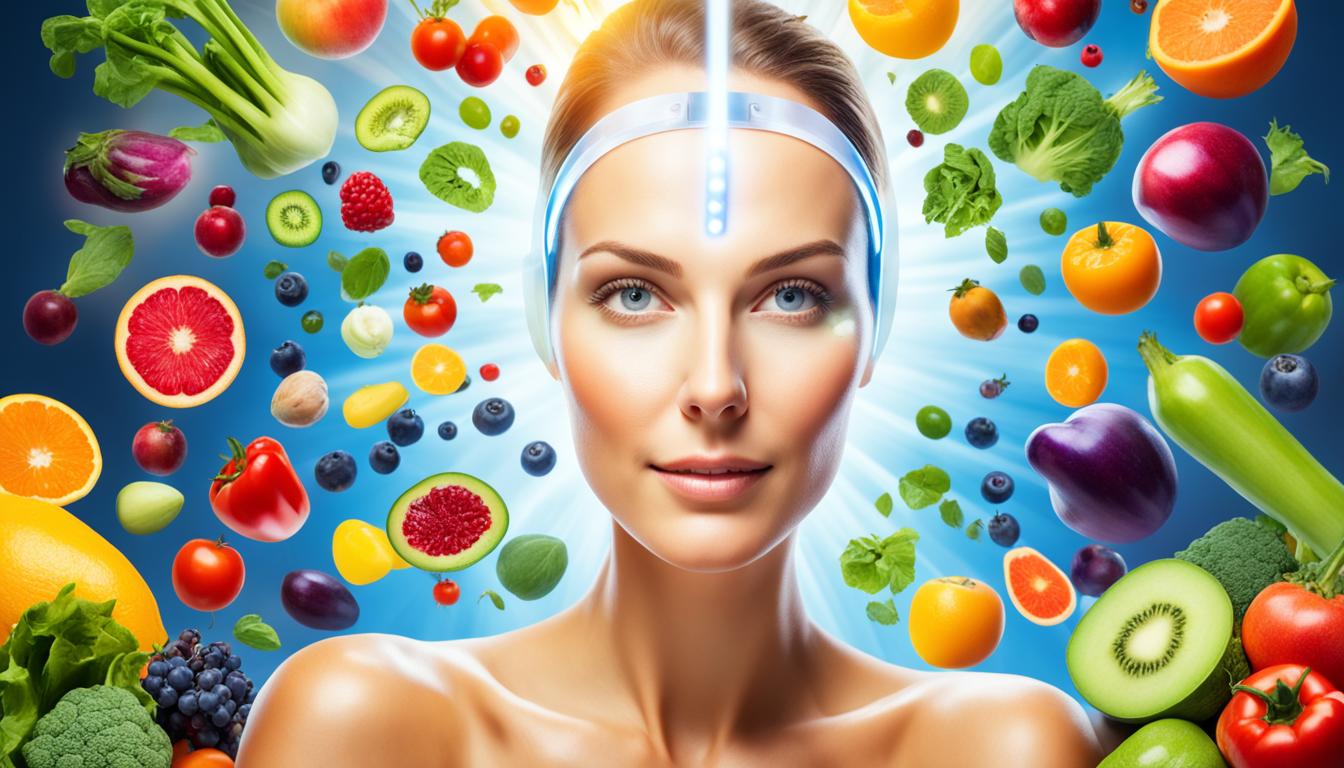
Antioxidants are key to keeping your skin healthy. They shield your skin from free radicals and oxidative stress. These substances can lessen DNA damage from UV rays, boost skin moisture, and increase collagen and elastin production. They also help reduce wrinkles and uneven skin tone.
Also Read : How Can You Reduce Wrinkles Naturally?
Antioxidants also have anti-inflammatory effects. This helps your skin heal naturally and makes it look smoother. Adding antioxidants to your daily life, through food or antioxidant-rich skin care products, can make your skin look better.
Also Read : Which Steps Should Men Follow In Their Weekly Skincare Routine?
“Antioxidants are the skin’s first line of defense against environmental stressors that can lead to premature aging and damage.”
Eating a diet full of antioxidants can fight off free radicals. It can also lower skin inflammation and boost collagen production. This can make your skin look younger and brighter. Some top antioxidant-rich foods for your skin are:
- Berries (blueberries, raspberries, blackberries)
- Leafy greens (spinach, kale, collard greens)
- Citrus fruits (oranges, lemons, limes)
- Nuts and seeds (almonds, walnuts, sunflower seeds)
- Fatty fish (salmon, mackerel, sardines)
Adding antioxidant-rich foods to your meals and using antioxidant-infused skin care products can shield your skin from free radicals and oxidative stress. This supports a healthier, younger-looking skin.
Antioxidants and Skin Aging
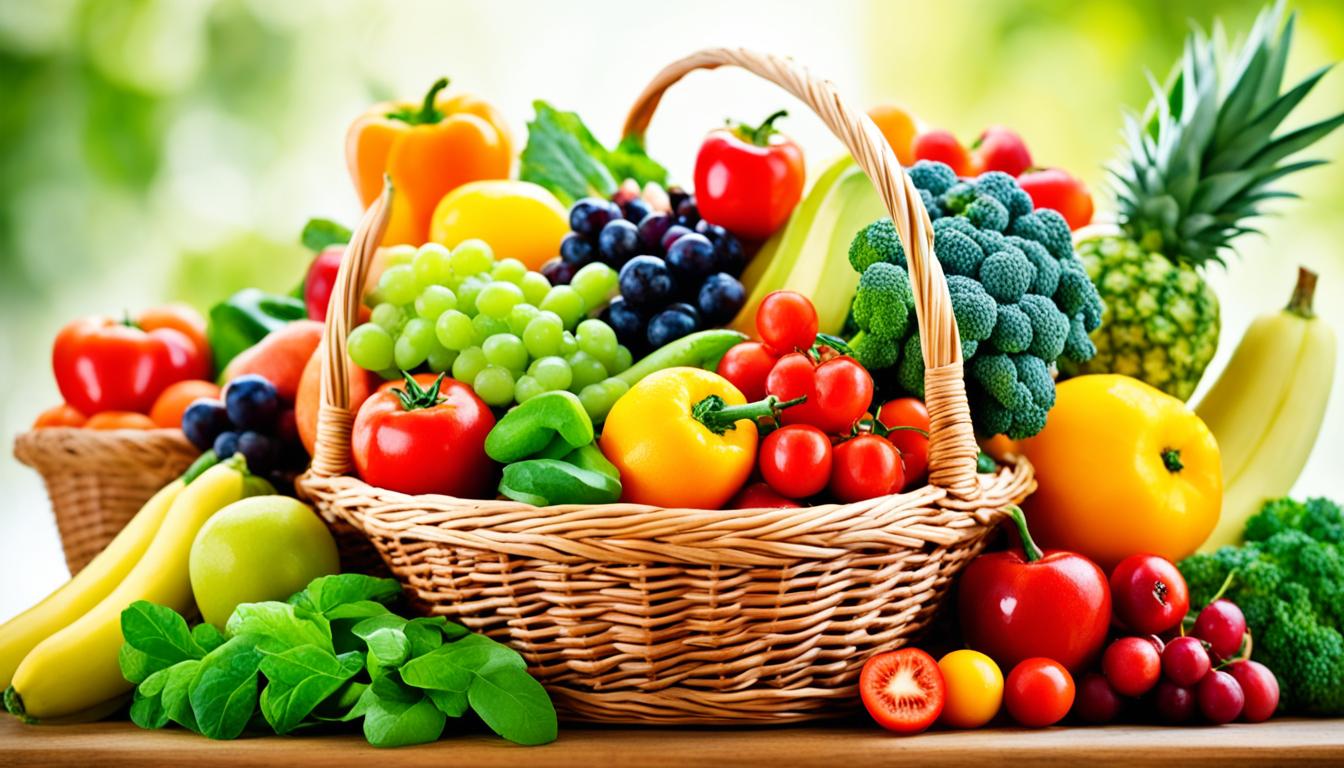
Antioxidants are key in protecting the skin from UV and infrared radiation damage. These types of radiation can speed up skin aging. UV radiation can harm DNA and cause photoaging. Infrared radiation can lead to oxidative stress and damage collagen and elastin fibers.
UV Radiation and Photoaging
UV radiation from the sun creates free radicals that harm skin cells, making aging signs like wrinkles and age spots more visible. Antioxidants stop these harmful particles, lowering the risk of photoaging. This keeps the skin looking young and bright.
Infrared Radiation and Oxidative Stress
Infrared radiation also harms the skin, causing oxidative stress and breaking down important skin proteins. Antioxidants fight this by removing free radicals. They help keep collagen and elastin intact, which are key for skin elasticity and firmness.
Adding antioxidants to your diet and using antioxidant-rich skin products can fight aging signs. This makes the skin look vibrant and youthful. Antioxidants help prevent and fight skin aging, leading to healthier, younger-looking skin poison ivy itch irritation blood test bump common rash depend on the cause affected area bacterial infection diaper rash skin color common type swelling itchy rash itching rash may common causes allergy test skin disorder different causes.
| Radiation Type | Skin Damage | Role of Antioxidants |
|---|---|---|
| UV Radiation | DNA damage, Photoaging | Neutralize free radicals, Reduce photoaging |
| Infrared Radiation | Oxidative stress, Collagen/elastin breakdown | Combat oxidative stress, Maintain skin elasticity |
“Antioxidants are essential in the fight against skin aging, helping to protect the skin from the damaging effects of environmental stressors and promote a more youthful, radiant appearance.”
Antioxidants in Foods and Supplements
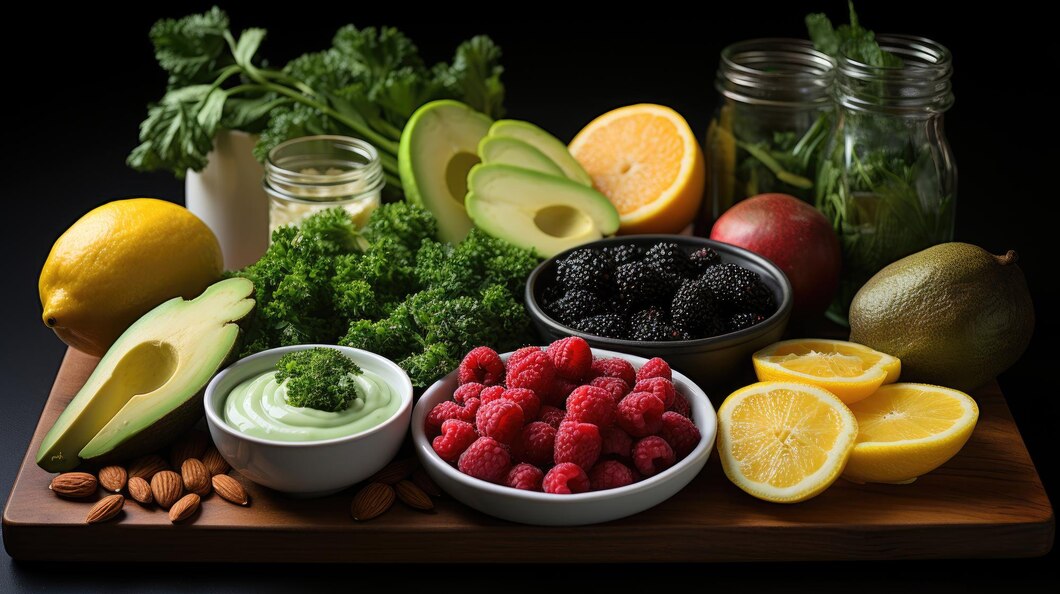
Antioxidants can be found in many foods like fruits, vegetables, and plant-based items. Foods rich in antioxidants include berries, pomegranates, leafy greens, peppers, tomatoes, and spices like turmeric and cinnamon. These foods are full of vitamins, minerals, and compounds that protect the skin from harm.
Also Read : How Do Sweet Potatoes Nourish Your Skin?
Fruits, Vegetables, and Other Plant-Based Sources
For those who can’t get enough antioxidants from food, supplements can be helpful. These supplements often include vitamins C and E, selenium, and zinc. But, it’s key to talk to a healthcare provider before starting any supplements, as they might affect other medicines.
Adding a mix of antioxidant-rich foods and supplements to your diet can support your skin’s health. This helps fight off free radicals and oxidative stress. It can keep your skin looking young and healthy.
FAQs
Q: How do antioxidants help in preventing common skin rashes?
A: Antioxidants help protect the skin from oxidative stress and damage caused by free radicals, which can lead to skin conditions like eczema and other common skin rashes.
Q: Can antioxidants reduce the severity of an allergic reaction that causes a rash?
A: Yes, antioxidants can help reduce inflammation and improve the skin’s barrier function, which may alleviate symptoms associated with allergic reactions that cause itchy skin or rashes.
Q: What are some possible causes of a skin rash?
A: Possible causes of a skin rash include allergies, irritants, infections (bacterial or viral), heat, and certain medications. Each cause can lead to different types of skin rashes.
Q: How can I identify the type of rash I have?
A: Identifying the type of rash often depends on its appearance, symptoms, and the area of the body affected. Consulting with a doctor can help examine the rash and determine its cause.
Q: Are there different skin rash types that I should be aware of?
A: Yes, there are several types of skin rashes, including contact dermatitis, heat rash, and allergic rashes. Each type has distinct characteristics and causes.
Q: Can antioxidants be found in over-the-counter creams for skin conditions?
A: Many over-the-counter creams for skin conditions, such as hydrocortisone cream, often contain antioxidants that can help soothe inflammation and promote healing in rashes.
Q: What should I do if my rash doesn’t go away?
A: If your rash doesn’t go away, it is advisable to see a doctor for an examination. They can help identify the cause of the rash and suggest appropriate treatment options.
Q: Is it possible for a viral infection to cause a skin rash?
A: Yes, certain viral infections can cause rashes. For example, shingles causes a painful rash, while other viral infections may lead to a red rash or itchy skin.
Q: Can lifestyle changes help prevent skin rashes?
A: Yes, lifestyle changes such as avoiding known allergens, using gentle skin care products, and maintaining proper hydration can help prevent the occurrence of rashes and improve overall skin health.

